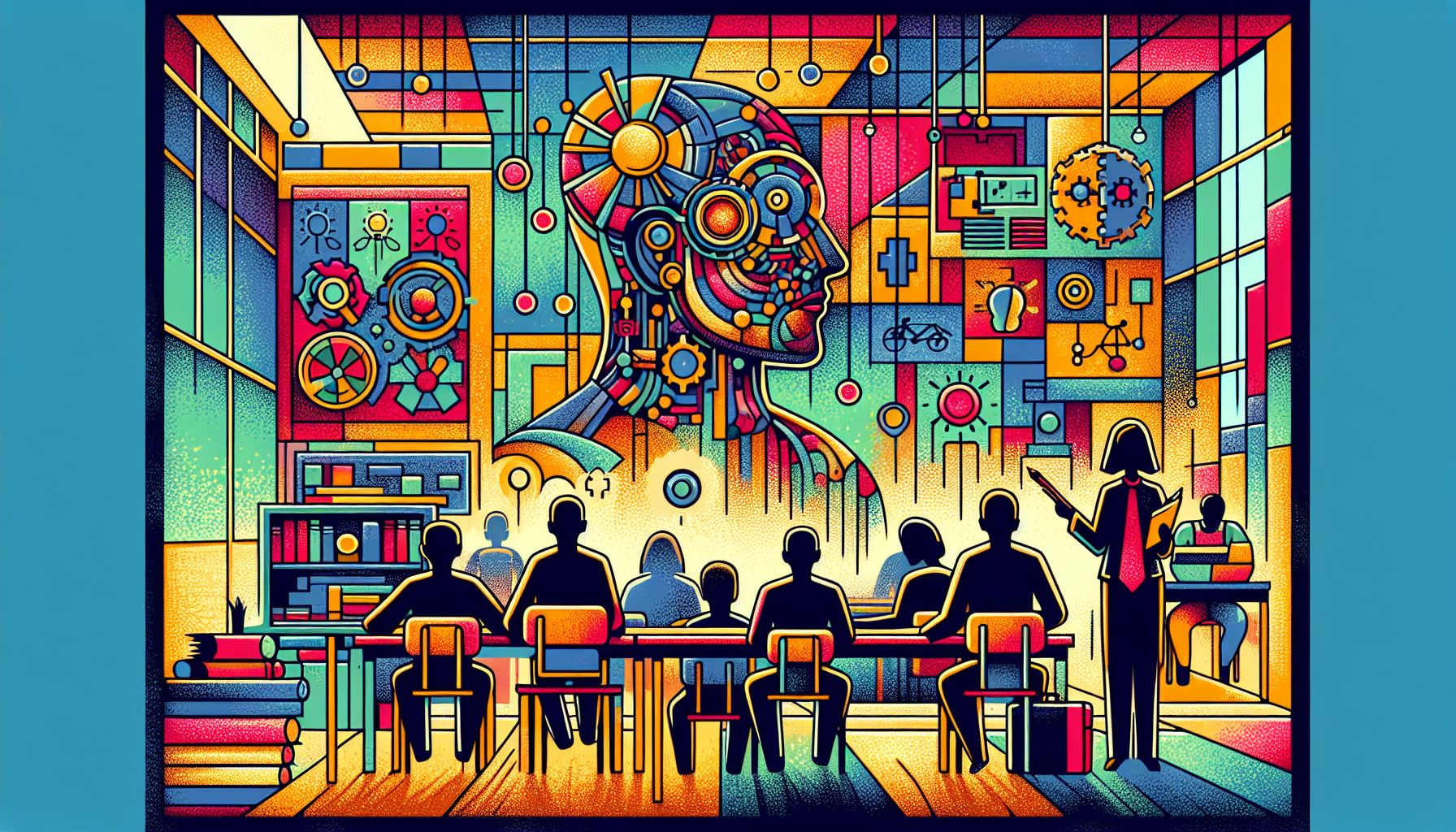AI in Education: Balancing Innovation with Independence

Amsterdam, Wednesday, 28 August 2024.
As artificial intelligence permeates schools and universities, experts debate its benefits and risks. While AI offers personalized learning and time-saving tools for educators, concerns grow about increasing dependency on tech giants. The integration of AI in education sparks discussions on maintaining academic autonomy and critical thinking skills.
The Rise of AI in Education
Artificial intelligence has rapidly become a significant part of the educational landscape. Introduced to schools and universities approximately 1.5 years ago, AI tools have since gained popularity among students for their ability to personalize learning experiences and streamline administrative tasks. However, this surge in AI adoption has not come without its share of controversies. The emergence of tools like ChatGPT has raised questions about the role of AI in education and the profits reaped by the companies providing these technologies.
Tech Giants’ Influence
Major technology firms such as Apple and Microsoft are heavily investing in the educational sector. By introducing their products to students early, these companies aim to secure lifelong customers. Natali Helberger, Professor of Law and Technology at the University of Amsterdam, emphasizes the extent of this influence, stating, ‘The advance of large tech companies in education is much further than we think.’ In the Netherlands, schools often must choose a single system for their digital learning environments, leading to a reliance on American tech giants.
MagicSchool: A Case Study
MagicSchool is a leading AI platform used by over 4,500 school and district partners worldwide. With more than 2.5 million educators globally utilizing its services, MagicSchool stands out as a popular choice for integrating AI into educational practices. The platform offers over 70 AI tools for educators and 40 responsible AI tools for students, aiming to enhance learning without replacing critical thinking skills. It also integrates seamlessly with Learning Management Systems (LMS) like Google Classroom and Microsoft, facilitating easy exports and interoperability.
Concerns Over Dependency
Despite the benefits, there are growing concerns about the dependency on tech giants. Helberger points out that the Dutch education system has become increasingly reliant on American tech companies, a sentiment echoed by other experts. Shannon Vallor, a professor at the University of Edinburgh, questions the efficacy of AI in education, stating, ‘Show me the evidence that this is good for the development of skills, knowledge acquisition, and insight.’ Vallor argues that existing evidence suggests the opposite, indicating potential drawbacks in learning processes.
Calls for Government Intervention
Experts like Remco Pijpers advocate for government intervention to guide the implementation of AI in schools. Pijpers highlights the lack of expertise within schools to develop effective AI strategies, posing a risk of misguided contracts with tech companies. He suggests that the government should establish clear guidelines to ensure AI systems are used responsibly and effectively in educational settings. Additionally, public institutions are urged to assert their influence to avoid over-reliance on large tech corporations.
The Future of AI in Education
As AI continues to evolve, so too does its role in education. The first AI + Education Summit, hosted by the MIT RAISE Initiative in Cambridge, Massachusetts, gathered 350 participants from around the world to discuss ‘AI fluency.’ The summit featured workshops, hackathons, and discussions on how AI can be harnessed to solve community problems. Keynote speakers emphasized the importance of ethical considerations and the need to support teachers in integrating AI into their workflows.
Conclusion
The integration of AI in education presents a double-edged sword. While it offers significant benefits, such as personalized learning and administrative efficiency, it also raises critical questions about dependency and the preservation of academic autonomy. As the debate continues, it is crucial for stakeholders—including educators, policymakers, and tech companies—to collaborate in ensuring that AI serves as a tool for enhancing education rather than undermining it.

